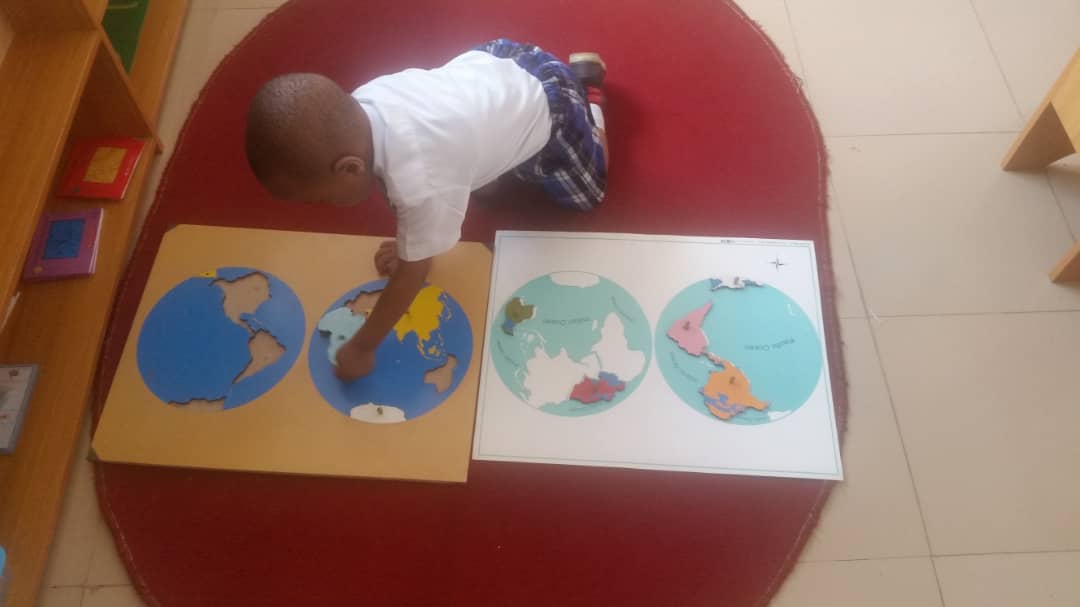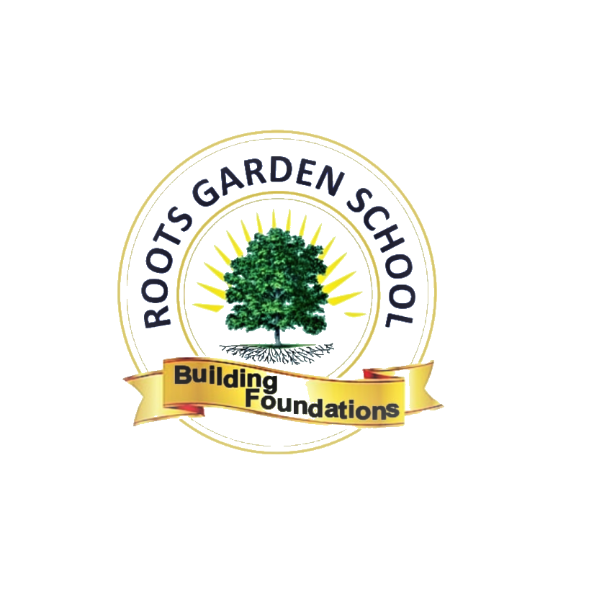
Montessori is first an attitude of respect for the young child as a person engaged in the most important task of life: creating a unique individual ready to take their place in the world. Starting with this understanding, it is important to first understand and implement the basics of Montessori. These concepts and practices are the real core of Montessori.
A traditional classroom is centered around the teacher, and in a Montessori classroom, each child is the center of their own educational experience.
The materials the children work with have a built-in control of error, allowing for independent learning. The children are allowed to pick whatever activities in which they have interest, children are given real tasks to do, and observation is the key to knowing how a child is progressing.
The teachers are called guides and they have the responsibility of preparing the classroom environment to meet the developmental needs of the children, observing each child and presenting activities and materials as needed.
In a traditional classroom, the children sit at desks and the focus is on the teacher. They do rote learning, the teacher talks, the students listen and do as instructed.
In a Montessori classroom, you will find the guides (the teachers) roaming about the room attending to individual children, giving demonstrations in small groups, taking notes, or simply sitting and observing.
Montessori classroom uses the mixed age groups. This works well because the younger students get to look ahead to what they will be able to do in the future, and the older students get to assist their younger peers in activities they may be struggling with, thereby strengthening their skills.
The home environment is naturally multi-aged, it’s a natural fit with the structure of Montessori. Siblings have a built-in support community for education and play, and benefit in the same ways that mixed age peers do.
Traditional schooling typically prepares the child for the next level of schooling, there isn’t much preparation for life after school. The children are not encouraged to enjoy learning. They just memorize what they need to in order to pass their exams.
The early years in Montessori education first focus on concentration, independence and life skills. Children need these skills to learn anything successfully in life.

